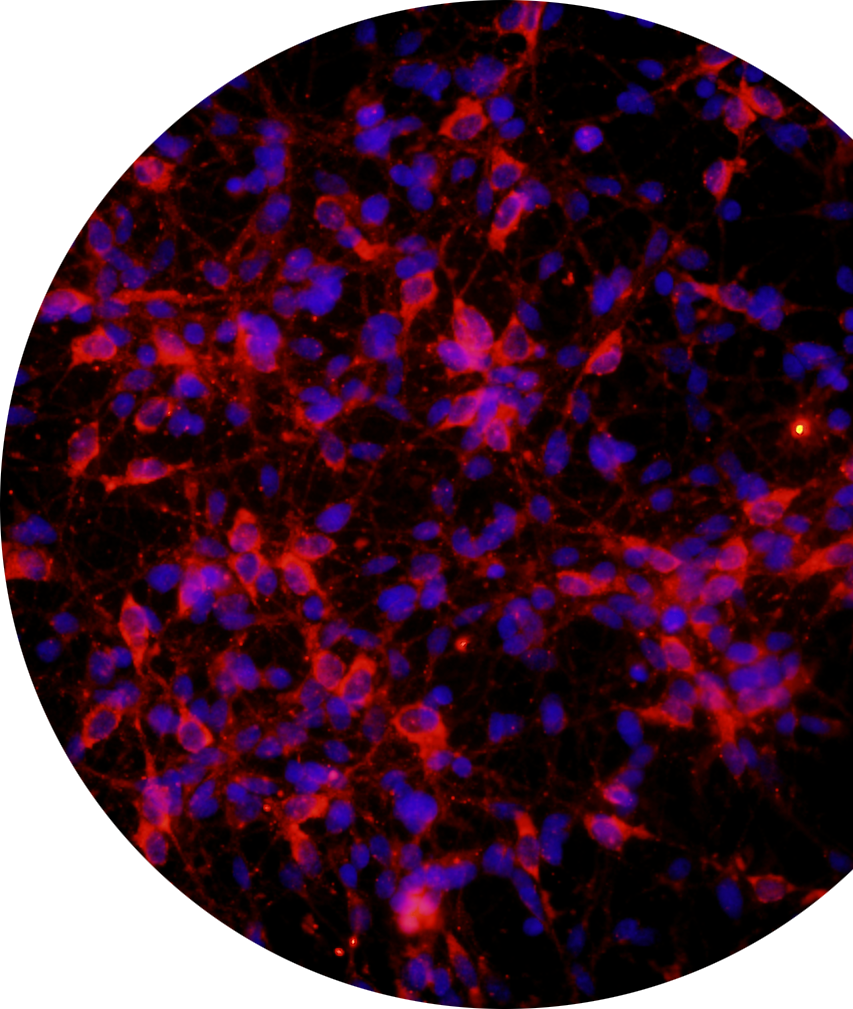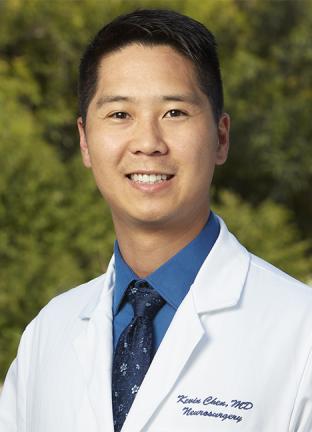Stem cells are a type of cell from which other cells in the body are derived. They are unique because they not only divide to form more stem cells but some can be induced to “differentiate” and develop into specific specialized cell types (e.g., brain cells, skin cells, muscle cells, etc.) Stem cells can be “totipotent,” meaning they can differentiate into any cell type, or “pluripotent,” meaning that they can develop only into certain cell types.
Currently, neurodegenerative diseases like Alzheimer’s disease and amyotrophic lateral sclerosis (ALS) lack effective drug treatments. In these diseases, there are likely many complex reasons for the loss of neurons (brain and spinal cord nerve cells). Because so many different aspects become dysfunctional at the same time, it is difficult for a single drug to treat all the potential causes of neuron loss. Stem cell therapy is a unique strategy to reverse neuron loss since a stem cell can interact with diseased neurons in multiple ways simultaneously. Researchers are testing how stem cell therapy can prevent neuron deterioration in Alzheimer’s disease and ALS. Stem cell therapy has also emerged as a potential option for difficult-to-treat kidney diseases.
-
Skin cells (fibroblasts) from a skin biopsy can be grown in laboratory culture dishes and “reprogrammed” into stem cells. By wiping clean the cells’ original tissue-specific identity, they become induced pluripotent stem cells (iPSCs). iPSCs can then be converted into other cell types.
- iPSCs are patient-specific, meaning they contain the genetic profile of the patient they are derived from. Patient-specific iPSCs can be changed into neurons, glia (neuron-supporting cells), or other cells involved in neurodegenerative disease progression. This enables researchers to study the disease on the patient’s specific genetic background.
- Stem cells, following specific ethics guidelines, are being developed into cell therapies for neurodegenerative diseases, such as “NSI-566RSC” cells, a form of neural stem cells, for ALS clinical trials (link is external).
- Another type of stem cell designated “HK532,” is under study for potential use in Alzheimer’s disease.





